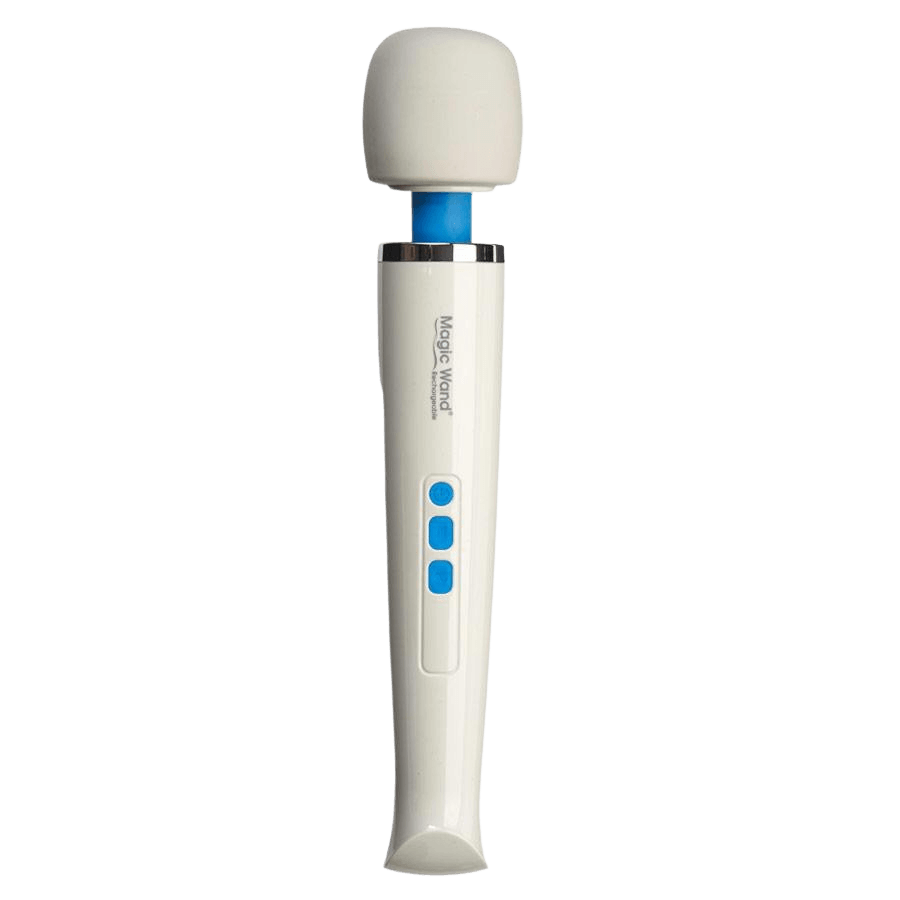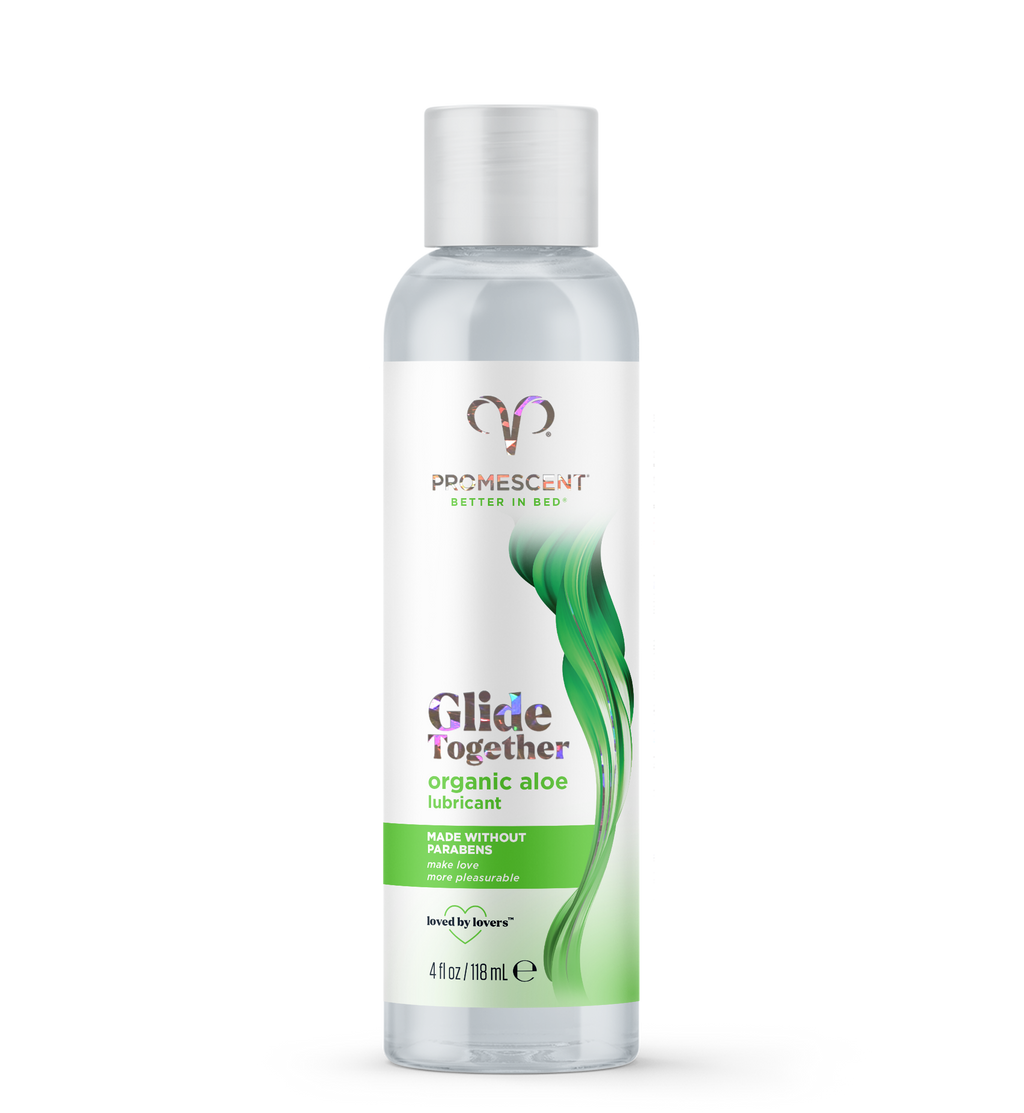
Question
I've started using a vibrator but I'm concerned that it might cause a permanent loss of sensitivity. I've heard people talk about "dead vagina syndrome" and I'm unsure whether I should continue with my vibrator use.
Do vibrators cause a loss of sensitivity?
At most, a rough session with a vibrator could cause some temporary desensitization, but this is short-lived.
In general, vibrators are safe to use without worries!
Dead Vagina Syndrome is a phrase that’s often used online to describe a numb, tingling, or dramatically desensitized vagina.
However, it’s not a medical or scientific term.
The phrase is often thrown around when a woman says that a vibrator can bring her to orgasm, but her partner cannot.
Instead of offering real solutions, some people say that it’s “Dead Vagina Syndrome vibrators” and that her toy is to blame.
While some women may have chronic or severe numbness and tingling, it’s most likely from other issues like:
Sometimes, the tingling may even be from arousal.
Every woman is different, and some occasional vaginal tingling is generally nothing to worry about.
It’s not likely your vibrator is causing any damage to your vagina.
Vibrators are commonly used sex toys with some very therapeutic benefits.
Plus, they can help you discover your own body and what feels good to you.
It’s important to understand what sensations you like so you can better help your partner bring you to orgasm during intercourse.
While vibrators won’t cause Dead Vagina Syndrome, some stronger vibrators may cause a temporary decrease in sensation immediately after use.
This isn’t anything unique to your vagina since studies have shown that vibrations, in general, will desensitize your body – even your hands.
If you have a tingling sensation that comes and goes without any stimulation, it could be a nerve or blood flow issue.
In these cases, you may want to consult with an OB-GYN.
Luckily, these feelings are often simply random and nothing to worry about.
So is there a cure for Dead Vagina Syndrome?
Simply try not using a vibrator before intercourse. This will help allow you to experience the full sensation without overstimulation.
A penis will be much more subtle in sensation than a vibrator, and it may require different movements to bring you to orgasm.
A vibrator and sex should be thought of as two separate things, and both will require different techniques to achieve orgasm.
Finally, using things like the VitaFLUX for Women supplement or Promescent's Female Arousal Gel can help to increase stimulation, making for a more pleasurable sexual experience.
Having difficulty achieving orgasm during sex doesn't mean you have dead vagina syndrome.
If you're wondering, "why is my clit numb?" or "why does my vagina feel tingly?" it's likely related to something else and not your toy.
Vibrators are usually not the cause of vagina numbness, and they actually have many benefits.
Vibrators can be a great tool for self-discovery and pleasure, but everyone should expect different sensations during intercourse.
Things You May Like



Absorption Pharmaceuticals LLC (Promescent) has strict informational citing guidelines and relies on peer-reviewed studies, academic or research institutions, medical associations, and medical experts. We attempt to use primary sources and refrain from using tertiary references and only citing trustworthy sources. Each article is reviewed, written, and updated by Medical Professionals or authoritative Experts in a specific, related field of practice. You can learn more about how we ensure our content is accurate and current by reading our editorial policy.
“Clinical and Research Concerns with Vibratory Stimulation: A Review and Pilot Study of Common Stimulation Devices.” Sexual and Relationship Therapy, 2012, www.tandfonline.com/doi/abs/10.1080/14681994.2012.660141. Accessed October 5, 2022.
Azadzoi KM, Siroky MB. Neurologic factors in female sexual function and dysfunction. Korean J Urol. 2010 Jul;51(7):443-9. doi: 10.4111/kju.2010.51.7.443. Epub 2010 Jul 20. PMID: 20664775; PMCID: PMC2907491. Accessed October 5, 2022.
Rullo JE, Lorenz T, Ziegelmann MJ, Meihofer L, Herbenick D, Faubion SS. Genital vibration for sexual function and enhancement: best practice recommendations for choosing and safely using a vibrator. Sex Relation Ther. 2018;33(3):275-285. doi: 10.1080/14681994.2017.1419558. Epub 2018 Jan 4. PMID: 33223961; PMCID: PMC7678780. Accessed October 5, 2022.
Tommerdahl M, Hester KD, Felix ER, Hollins M, Favorov OV, Quibrera PM, Whitsel BL. Human vibrotactile frequency discriminative capacity after adaptation to 25 Hz or 200 Hz stimulation. Brain Res. 2005 Sep 28;1057(1-2):1-9. doi: 10.1016/j.brainres.2005.04.031. PMID: 16140284. Accessed October 5, 2022.
Azadzoi KM, Siroky MB. Neurologic factors in female sexual function and dysfunction. Korean J Urol. 2010 Jul;51(7):443-9. doi: 10.4111/kju.2010.51.7.443. Epub 2010 Jul 20. PMID: 20664775; PMCID: PMC2907491. Accessed October 5, 2022.
Your Cart Is Empty